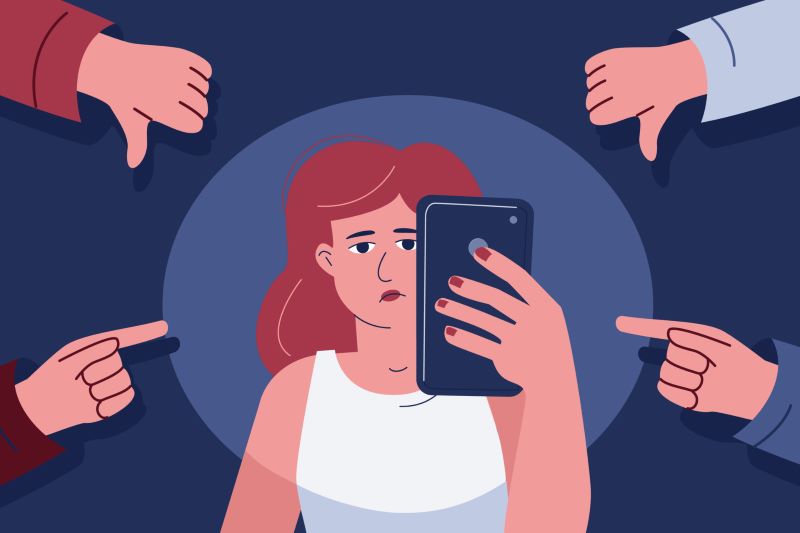Everyone is Biased – not Everyone Admits it
You and I are biased. We are all biased about something. That’s a psychological fact. We can try to pretend we’re not. We can tell others we’re not. We can actually believe we’re not. The reality is, all of us have a favorite something or someone and all of us have something or someone we just don’t like. We also tend to surround ourselves and to associate with people who think as we do. I thought about this after hearing about the kerfuffle over an opinion piece by one of NPR’s editors (forced to resign since) about perceived bias in their news coverage.

My immediate thought was, ‘well of course they’re biased’ because every major national media outlet in the United States is biased. They all know the demographics of the people who either listen or watch and so they tailor their broadcasts to please that group. If they fail to do so, they lose their audiences and lose their jobs. It’s simple logic. So why not just admit something that everyone knows? I think it’s because they’re laboring under the illusion that today’s journalists are a throwback to the old days, they’re not, but even then reporters weren’t truly neutral in their reporting.
In the early days when it was mostly newspapers, they all had editors who decided what was printed in the paper. They not only decided what stories to cover, they decided on how it was presented. Then came radio, and reporters only had so many minutes to tell a story, so again, someone decided what to report on and how to report it. Television in the early days had only 3 networks. They were run mostly by conservative businesspeople who treated the news much like newspapers did. Editors assigned reporters to cover the news they felt was important. Over the years, as competition increased, sensationalism became more important than “hard” news.
Today we’re in a 24/7/365 news cycle and the scramble for clicks and eyeballs is greater than ever. Each network or organization has staked out a viewpoint that they hope appeals to people who will become dedicated watchers or listeners. FoxNews knows they can make more by appealing to a conservative or right leaning audience, so they do. MSNBC knows they can generate more income by doing the opposite of Fox and appealing to the liberal or left leaning audience. NPR since it is somewhat government funded wants to be seen as somewhere in the middle, but their stories and the angles they take are clearly stilted towards the more liberal side. It makes sense that they are since most of their staff have openly admitted to being liberal. That’s not a crime, and it’s logical since the majority of their news coverage and shows are produced in the Northeast or on a university campus.
I listen to NPR simply because I know that while I won’t get a balanced story, I will hear a fairly well thought out and non-emotional version of the liberal viewpoint. I do enough research on my own to be able to find the corresponding conservative viewpoint, so their biases don’t really bother me. If I want world news, I know not to go to any of the American networks, but instead for Asia, it’s NHK.com, for England it’s BBC, and for the EU, it DW.com. It takes effort, but if I truly want to entire story it’s worth it.
FoxNews dropped their “Fair and Balanced” tagline years ago and they are proud that they only tell one side of the story. MSNBC is proud they only tell one side of the story. CNN is stuck trying to figure out who they are. Major newspapers such as the NY Times, Washington Post, and LA Times are proud that they primarily present the more liberal viewpoint in their stories. The WSJ, as a financial and business publication, is much more comfortable leaning conservative. People no longer want unbiased reporting. People want to have their beliefs and viewpoints reinforced by others, it’s just human nature. News organizations need to stop trying to be what they’re not and admit, they are all run and controlled by people who have biases, and it shows in what they tell the public.
